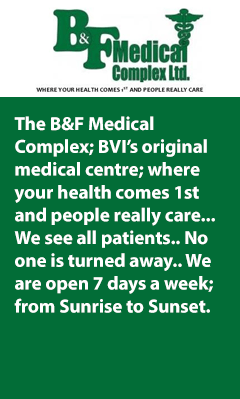UK @ risk of recession after economy shrinks


Gross domestic product, which measures the health of the economy, contracted by 0.1% after previous estimates suggested growth has been flat, the BBC stated in an article today, December 22, 2023.
Meanwhile, there was zero growth between April and June, after it was first calculated to have risen by 0.2%.
The latest figures mean the UK has one of the weakest growth rates among other G7 advanced economies when comparing pre and post-Covid data.
What is a recession?
A recession is typically defined as when the economy shrinks for two three-month periods - or quarters - in a row.
According to the BBC, there have been concerns over the UK's weak economic growth for some time, but the country has managed to avoid a recession so far.
Ashley Webb, UK economist at Capital Economics, said that the revised figures "may mean that the mildest of mild recessions started" in the third quarter between July and September.
But he added regardless of whether there was a "small recession", the bigger picture was that economists expected economic growth to "remain subdued throughout 2024."
‘Key battleground’ next election!
Economic growth is a seen as a good thing for most people because companies become more profitable, more jobs tend to be created and firms can pay employees more money.
But when growth is stagnant, or a country is in recession, people tend to feel generally worse off.
During recessions unemployment can rise as companies cut back on spending, and graduates and school leavers may find it harder to get their first job.
According to the BBC, with next year likely to see a general election, the economy is set to be a key battleground for all parties.






.jpg)










2.png)



.jpg)














9 Responses to “UK @ risk of recession after economy shrinks”
Moreover, when investors expect higher corporate profits, stock prices shoot up .
And as demand for credit increases, interest rates rise, for more borrowers are competing for loans. Similarly, when consumers and businesses buy more goods and service, the inflation rate goes up, ie, too much money chasing too few goods. Ultimately, inflation and interest rates rise high enough to send stock prices diwn stiffling business and consuming borrowing, choking off expansion. This results in flat economic growth or even a recession. Before the Covid -19 pandemic, the UK was trending towards a recession so the the global pandemic and supply chain issues, Russia-Ukraine war, etc exacerbated the conditions thrusting the UK further towards a recession. When the leading economies sneeze and sputter, the VI and other small dependent economies catch a raging fever if not pneumonia. The VI economy is intrinsically tied to the US and other big economies. As their economies rise and fall, the VI economy rises and falls. The Vi must work on diversifying its economy so that if one sector stumbles the whole enchilada/patte does not tumble. Let’s get going on exploring our 200 mile exclusive economic zone, for fishing, gas and mining for oil, and marine minerals opportunities, wind /thermal opportunities, aquaculture opportunities, additional tourism opportunities, etc.
what fascinates me
when will we asked for the Commission of Inquiry against London for killing our forefathers